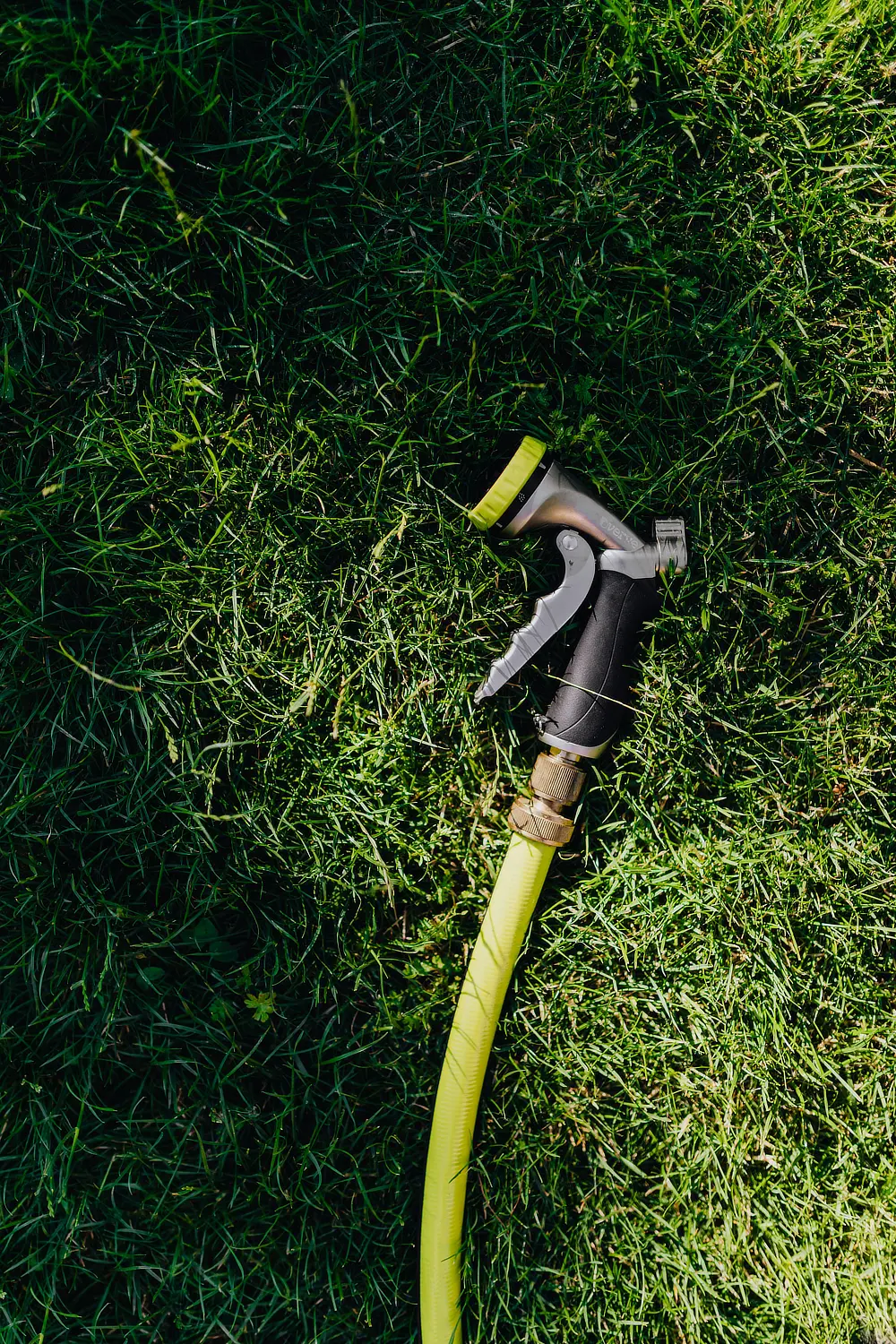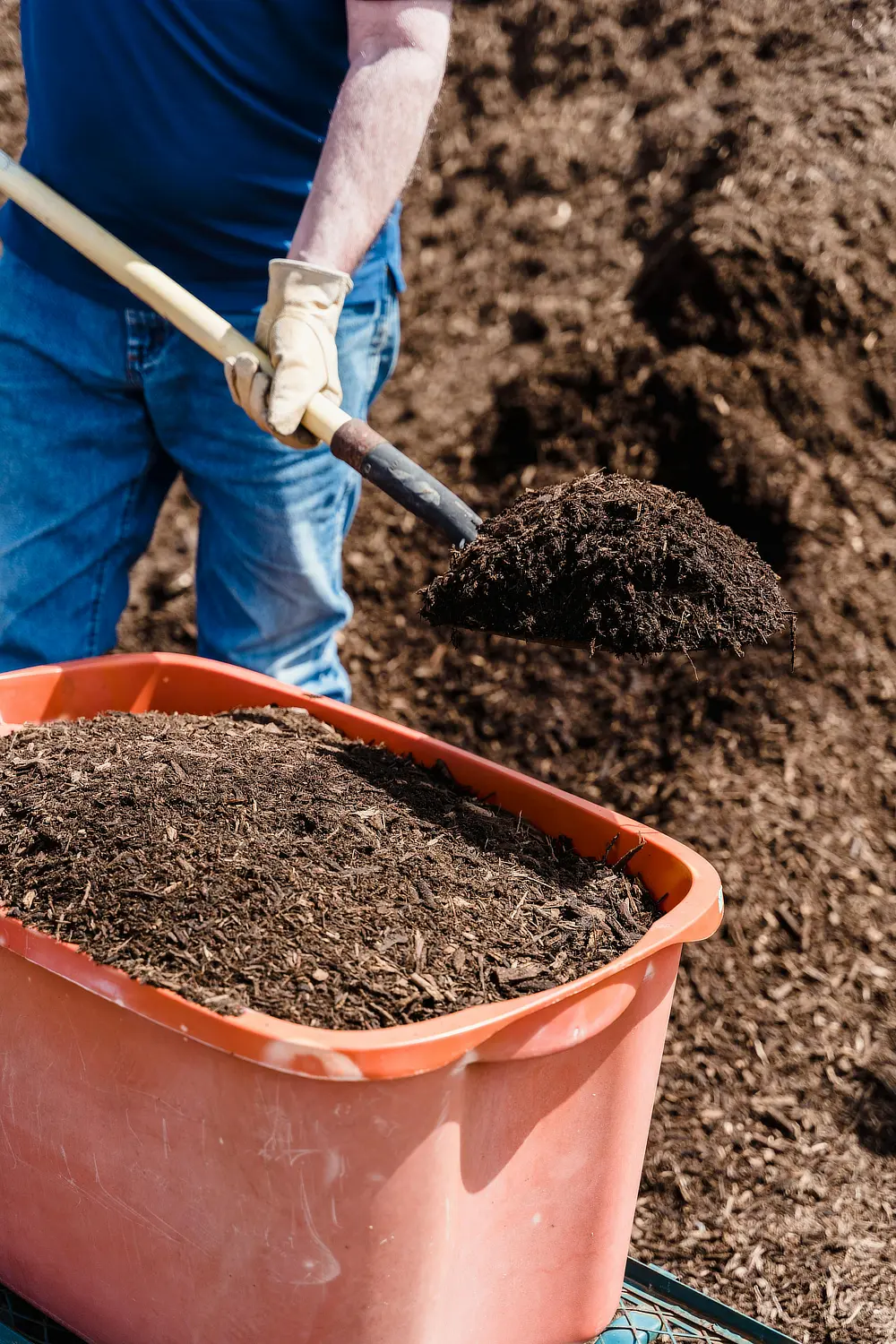Summer heatwaves can be tough on your garden, with relentless sun and soaring temperatures making it a challenge for both plants and gardeners alike. However, with a few smart strategies, you can help your outdoor space thrive during these hot months. When gardening in the heat, it’s best to work during cooler hours and seek out shade to avoid battling the scorching temperatures – there’s no need to push yourself or your plants too hard.
First up you need to remove as many weeds as possible as these compete with your ornamental plants for water and nutrients. With less weeds you’ll be watering less and try not to just snap the tops off them as the roots will continue to draw moisture out of the ground as the plant tries to regenerate.
In an ideal world you would then improve your soil with compost however in the heat this becomes a laborious task that can also exacerbate hydrophobic soils. This is where water runs off and pools rather than soaks into the ground, but this can be combatted by applying a wetting agent. For large areas there are granulated options, hose click on bottles or concentrates that are great for watering cans so you can hit your lawns, garden beds and potted plants.
Getting the right amount of water into the garden at the right time is vital to it getting through the heat. Soaking the ground is like filling a reservoir in preparation for a dry period, the larger the reservoir the less the evaporation will be and the cooler the root zone. When watering, try to avoid doing so in the middle of the day as you will lose too much from evaporation, early morning, late afternoon or even evening is best. If you have plants that suffer from fungal issues like roses can water in the morning to prevent the humidity hanging around the plant in the cooler evening temperatures. Water less often but with more volume to teach your plants to grow deep roots, this applies to both ornamental plants and your lawn. The deeper the roots are growing the more adapt to drought they become as they can stay cooler.
Pots are slightly different to this rule as they only have limited space for their roots to grow in. First move them to a shaded spot out of direct sunlight, then water them well (it’s much easier to move a dry pot than a wet one) and water them daily to avoid any stress. Clustering individual pots together to form a group will help to form a microclimate that will preserve water and by placing the tallest plant in the centre a canopy of protection can be given to those below. If you place each pot in a saucer of water it will give them something to draw upon when needed as this will be sucked up by the roots in the potting mix.
If your garden is low on mulch, it’s a good idea to get out early and top it up as a layer 75mm thick will make a huge difference to the health of your plants by lowering evaporation, suppressing weeds and slowing any water into the soil, making it more effective.
If you are concerned about some of your delicate plants you can easily make a shade cover for them with some shade cloth and either bamboo or tomato stakes. This will give them protection and prevent the foliage from burning. Don’t be afraid of some wilting as this is a natural process and most plants will bounce back once the temperature lowers at night. For hedges and shrubs, I think a bit of burning is ok too as it tip prunes your plants and promotes them into putting out new fresh growth, just keep an eye on repeat burning as this can affect the new growth and cause long term damage.


